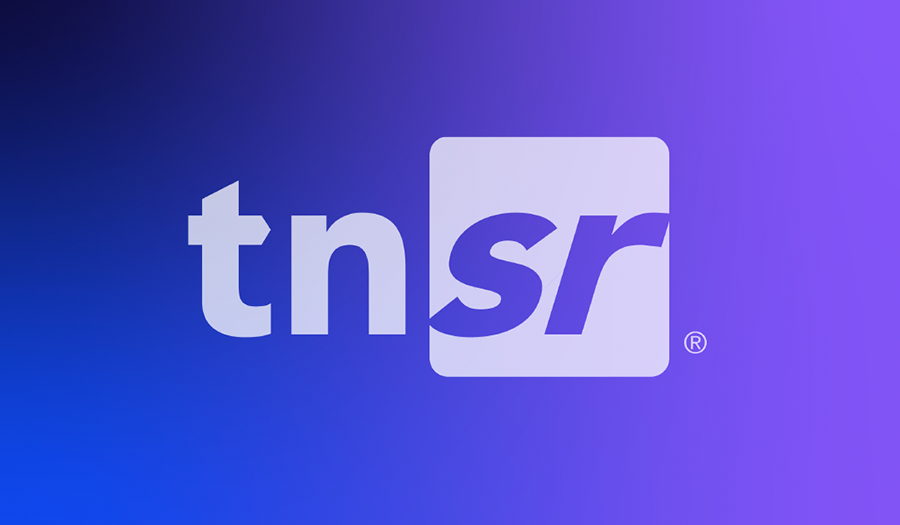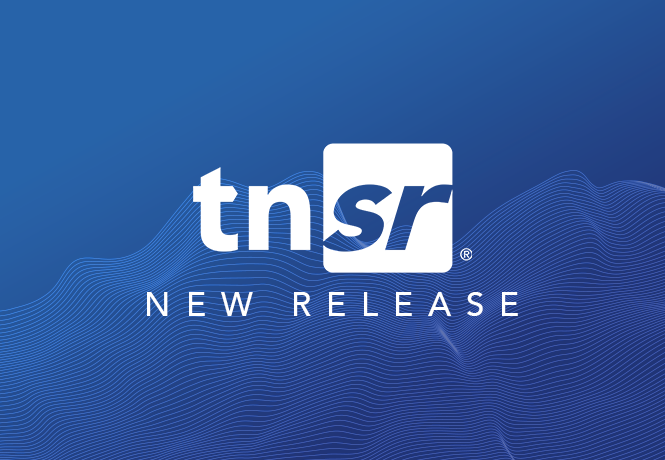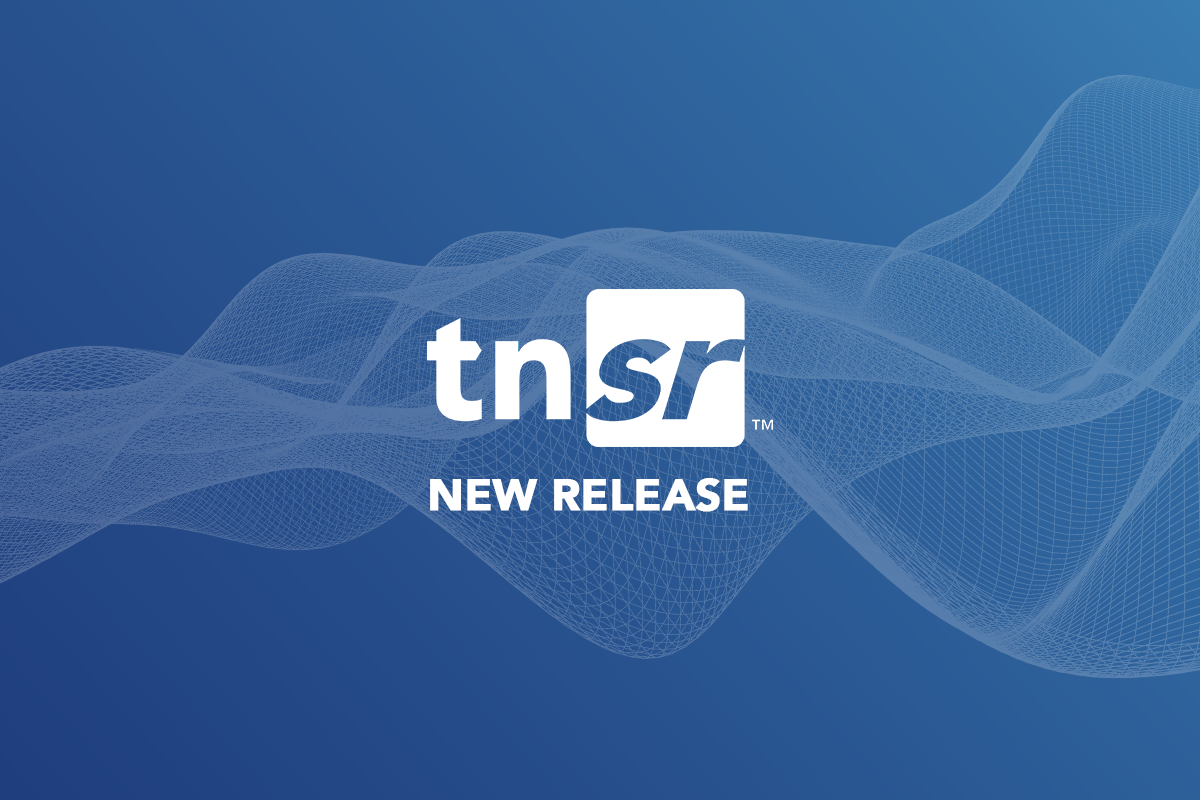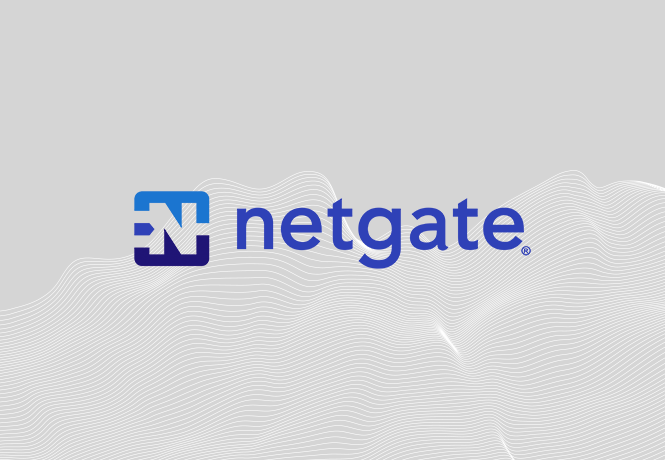-
Products
-
pfSense Plus Software
-
TNSR Software
-
Netgate NexusNew
Appliances
-
-
Applications
-
pfSense Plus Applications
-
TNSR Applications
-
- Customers
-
Pricing
-
pfSense+ Software
-
TNSR Software
-
Services
-
-
Support
-
Support Subscriptions
-
Resources Library
-
Services
pfSense Fundamentals and Advanced Application
-
-
Company
-
Latest
-
Partner
-
Company
-
-01.png?width=926&height=181&name=Netgate%20Logo%20PMS%20(horizontal)-01.png)
%201.png?width=302&name=Netgate%20Logo%20PMS%20(horizontal)%201.png)



